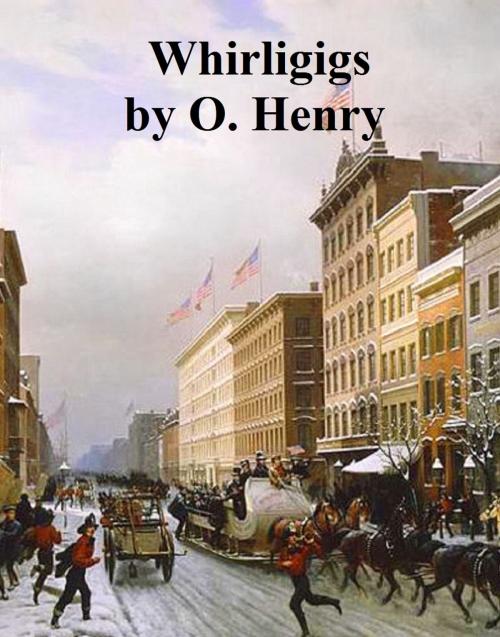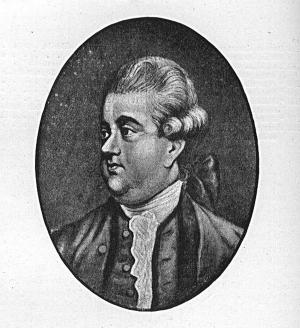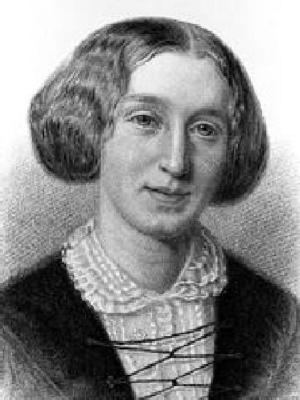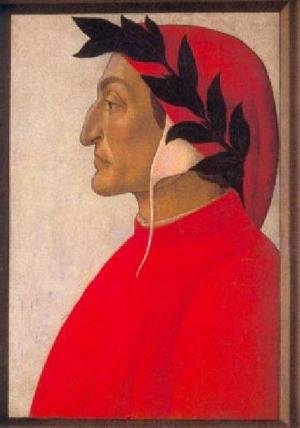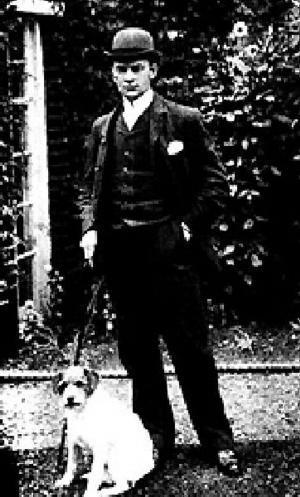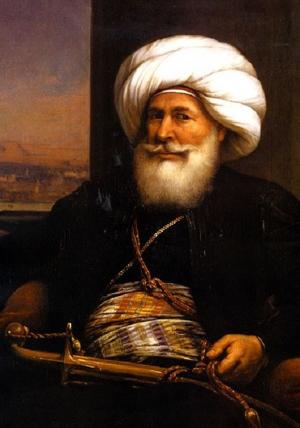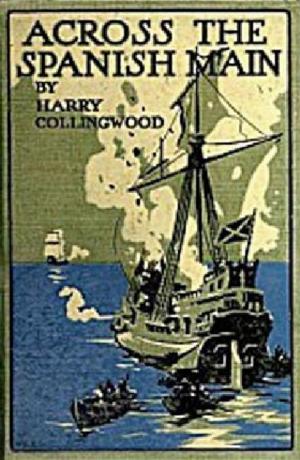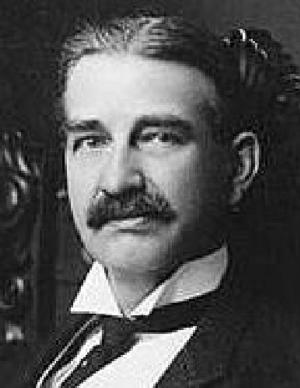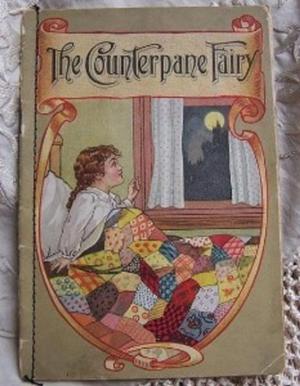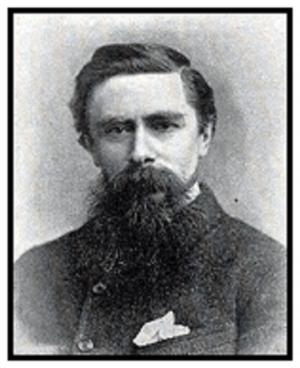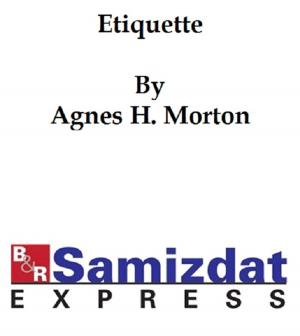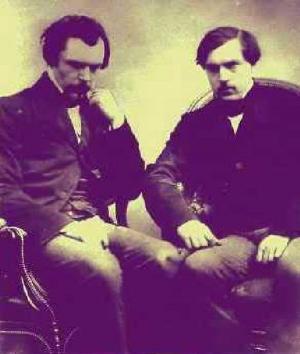| Author: | O. Henry | ISBN: | 9781455402168 |
| Publisher: | Samizdat Express | Publication: | December 15, 2009 |
| Imprint: | Language: | English |
| Author: | O. Henry |
| ISBN: | 9781455402168 |
| Publisher: | Samizdat Express |
| Publication: | December 15, 2009 |
| Imprint: | |
| Language: | English |
Classic short story collection, including O. Henry's most famous story -- The Ransom of Red Chief. According to Wikipedia: "O. Henry was the pseudonym of the American writer William Sydney Porter (September 11, 1862 June 5, 1910). O. Henry's short stories are well known for their wit, wordplay, warm characterization and clever twist endings... O. Henry's stories are famous for their surprise endings, to the point that such an ending is often referred to as an "O. Henry ending." He was called the American answer to Guy de Maupassant. Both authors wrote twist endings, but O. Henry stories were much more playful and optimistic. His stories are also well known for witty narration. Most of O. Henry's stories are set in his own time, the early years of the 20th century. Many take place in New York City and deal for the most part with ordinary people: lerks, policemen, waitresses. Fundamentally a product of his time, O. Henry's work provides one of the best examples of catching the entire flavor of an age written in the English language. Whether roaming the cattle-lands of Texas, exploring the art of the "gentle grafter," or investigating the tensions of class and wealth in turn-of-the-century New York, O. Henry had an inimitable hand for isolating some element of society and describing it with an incredible economy and grace of language. Some of his best and least-known work resides in the collection Cabbages and Kings, a series of stories which each explore some individual aspect of life in a paralytically sleepy Central American town while each advancing some aspect of the larger plot and relating back one to another in a complex structure which slowly explicates its own background even as it painstakingly erects a town which is one of the most detailed literary creations of the period. The Four Million was his first collection of stories. It opens with a reference to Ward McAllister's "assertion that there were only 'Four Hundred' people in New York City who were really worth noticing. But a wiser man has arisen—the census taker—and his larger estimate of human interest has been preferred in marking out the field of these little stories of the 'Four Million.'" To O. Henry, everyone in New York counted. He had an obvious affection for the city, which he called "Bagdad-on-the-Subway,"[3] and many of his stories are set there—but others are set in small towns and in other cities."
Classic short story collection, including O. Henry's most famous story -- The Ransom of Red Chief. According to Wikipedia: "O. Henry was the pseudonym of the American writer William Sydney Porter (September 11, 1862 June 5, 1910). O. Henry's short stories are well known for their wit, wordplay, warm characterization and clever twist endings... O. Henry's stories are famous for their surprise endings, to the point that such an ending is often referred to as an "O. Henry ending." He was called the American answer to Guy de Maupassant. Both authors wrote twist endings, but O. Henry stories were much more playful and optimistic. His stories are also well known for witty narration. Most of O. Henry's stories are set in his own time, the early years of the 20th century. Many take place in New York City and deal for the most part with ordinary people: lerks, policemen, waitresses. Fundamentally a product of his time, O. Henry's work provides one of the best examples of catching the entire flavor of an age written in the English language. Whether roaming the cattle-lands of Texas, exploring the art of the "gentle grafter," or investigating the tensions of class and wealth in turn-of-the-century New York, O. Henry had an inimitable hand for isolating some element of society and describing it with an incredible economy and grace of language. Some of his best and least-known work resides in the collection Cabbages and Kings, a series of stories which each explore some individual aspect of life in a paralytically sleepy Central American town while each advancing some aspect of the larger plot and relating back one to another in a complex structure which slowly explicates its own background even as it painstakingly erects a town which is one of the most detailed literary creations of the period. The Four Million was his first collection of stories. It opens with a reference to Ward McAllister's "assertion that there were only 'Four Hundred' people in New York City who were really worth noticing. But a wiser man has arisen—the census taker—and his larger estimate of human interest has been preferred in marking out the field of these little stories of the 'Four Million.'" To O. Henry, everyone in New York counted. He had an obvious affection for the city, which he called "Bagdad-on-the-Subway,"[3] and many of his stories are set there—but others are set in small towns and in other cities."
